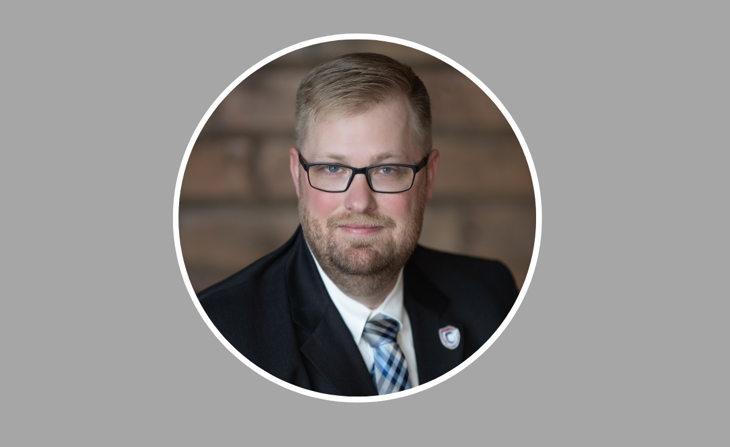
Jon Godfread: The insurance industry in the US is heavily regulated, and every state has their own set of rules. It's pretty uniform because we all learn from each other and there's no pride of ownership. I copy from the states around me that have good ideas and through our work with the National Association of Insurance Commissioners (NAIC) too.
We [commissioners] are somewhat uniform, but are all controlled by our state governing bodies, so what works in New York may not work in North Dakota.
In our state, we take a hands-off approach in terms of any additional regulation. We put up the guideposts where everybody can live and work and [we] rely on our companies to be innovative, find solutions, and comply with the law.
We're a small state and I've got relationships with all of our insurance CEOs. They know where to call me if they've got an issue, but at the same time, I know where they are too, and they know that.
"One way of creating and growing is by not being
overly prescriptive on regulation."
If we're coming across issues, I know where to go to address that, which allows us to be flexible because we are in an evolutionary time in the industry. You've got increasing growth and technology and consumer demands are changing. I'm hopeful that consumers are going to get more involved in their policies and want to know more about their insurance lines.
We’re trying to create an environment to create and grow and there are going to be mistakes made. One way of creating and growing is by not being overly prescriptive on regulation. The minute we try to regulate certain things it's already going to be outdated.
We have 150 years of regulatory framework that has worked, which needs to be tweaked from time to time. Some things come up, but the structure we have seems to work and so, as a state, it's a matter of how we encourage growth and a competitive marketplace for not only our companies to come in and do business but also lead to better outcomes for our consumers?
If there's a company that's doing something wrong or not providing the service that people expect, my consumers will speak with their pocketbooks. They'll go to the next best thing. I have to tell our companies that if you screw up, it's not me that's going to be on the front page of the newspaper.
We have a good governing body, and our legislature understands it. We're also looking to be competitive on the national stage and how do we attract some of those new companies and build ideas. The more we can encourage that it'll be better for everybody.
Jon: We're in a position where our legislature has turned over by about 30%, and anything we do has to go through lawmakers to get acceptance.
This legislative session this year is pretty light because there’s going to be a heavy learning curve with these new users. We have to spend time educating them on us, what we’ve done, what we're doing, and why we're where we are. That limits our ability to make some changes going forward.
"The data that can come out of Google and Facebook that can inform
decisions on products for consumers on good products is controversial."
Where we can make progress, we are focused on technology, data ownership, and data privacy. The data that can come out of Google and Facebook and other companies that can help inform decisions on appropriate products for consumers on good products and good outcomes is controversial to some lawmakers and consumers. So, we focus on how we can make a business environment that provides those consumers comfort that their data is secure? It comes down to the data ownership - we may have a different stance here domestically than our workflow partners.
Jon: Yes, we are monitoring this especially around fraud. There's a strong correlation that when the economy dips, insurance fraud goes up and then rates go up, which affects the investment side.
"A high-risk insurance investment may be moving from bonds
into a traditional, more defined portfolio and so not a risk delta."
There is a shift in the portfolio of an insurer as the higher risk may not be the most appropriate risk as insurance portfolios are risk averse and any movement into a different class will be termed as moving into high risk. The other term for high-risk investing is people think of different things as high-risk investing, but we're seeing a movement within the larger companies, which are looking at how we explore other alternatives in the investment portfolio to hedge returns.
A high-risk insurance investment may be moving from bonds into a traditional, more defined portfolio and so not a risk delta - you're not moving from bonds to private equity - you're moving within that risk classification. We're seeing some of that exploration, which is good in challenging times, but how do we handle this? We can adapt better going forward but it's something we're aware of and we haven't seen anything yet that gives us a lot of concern.